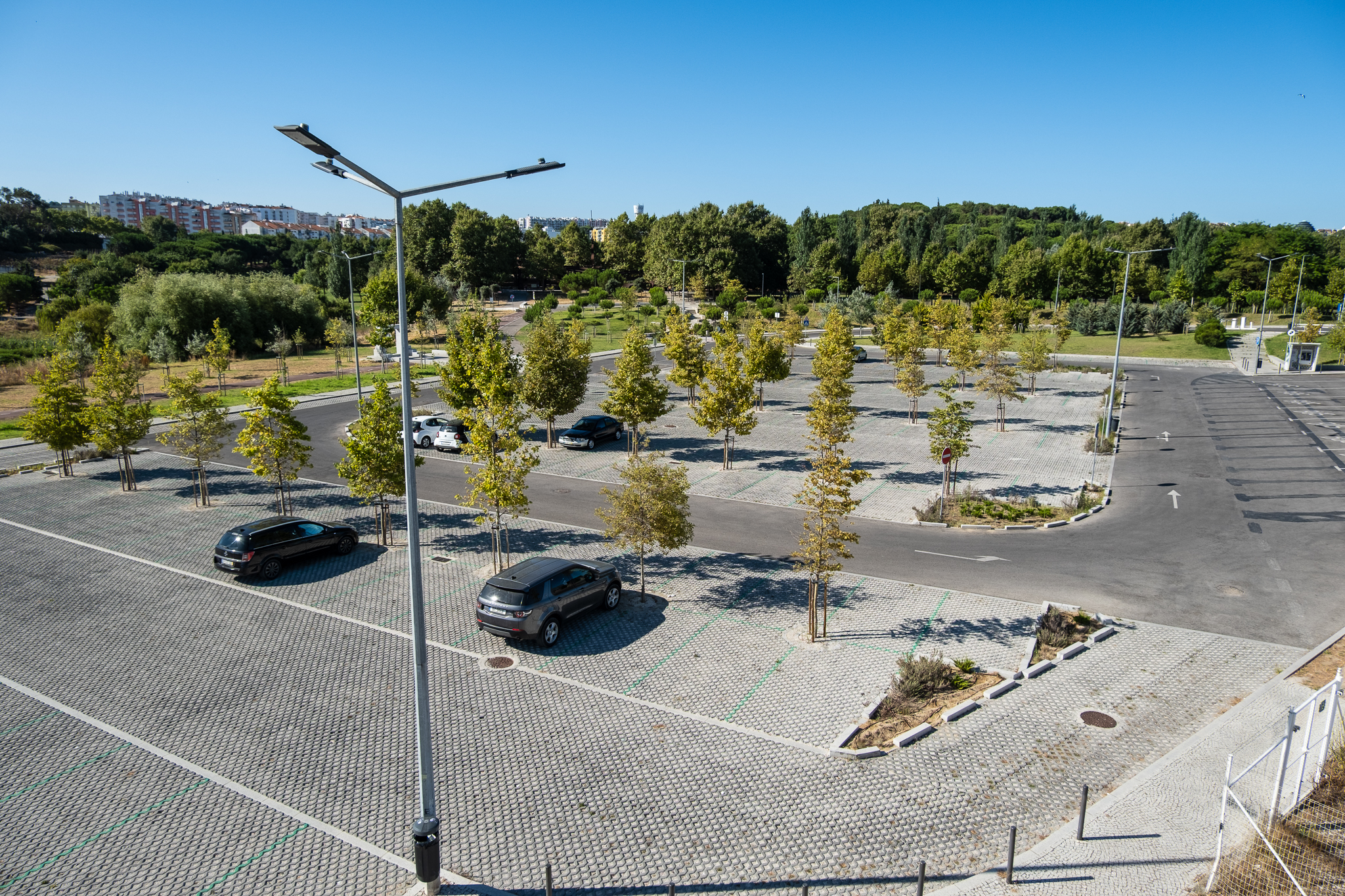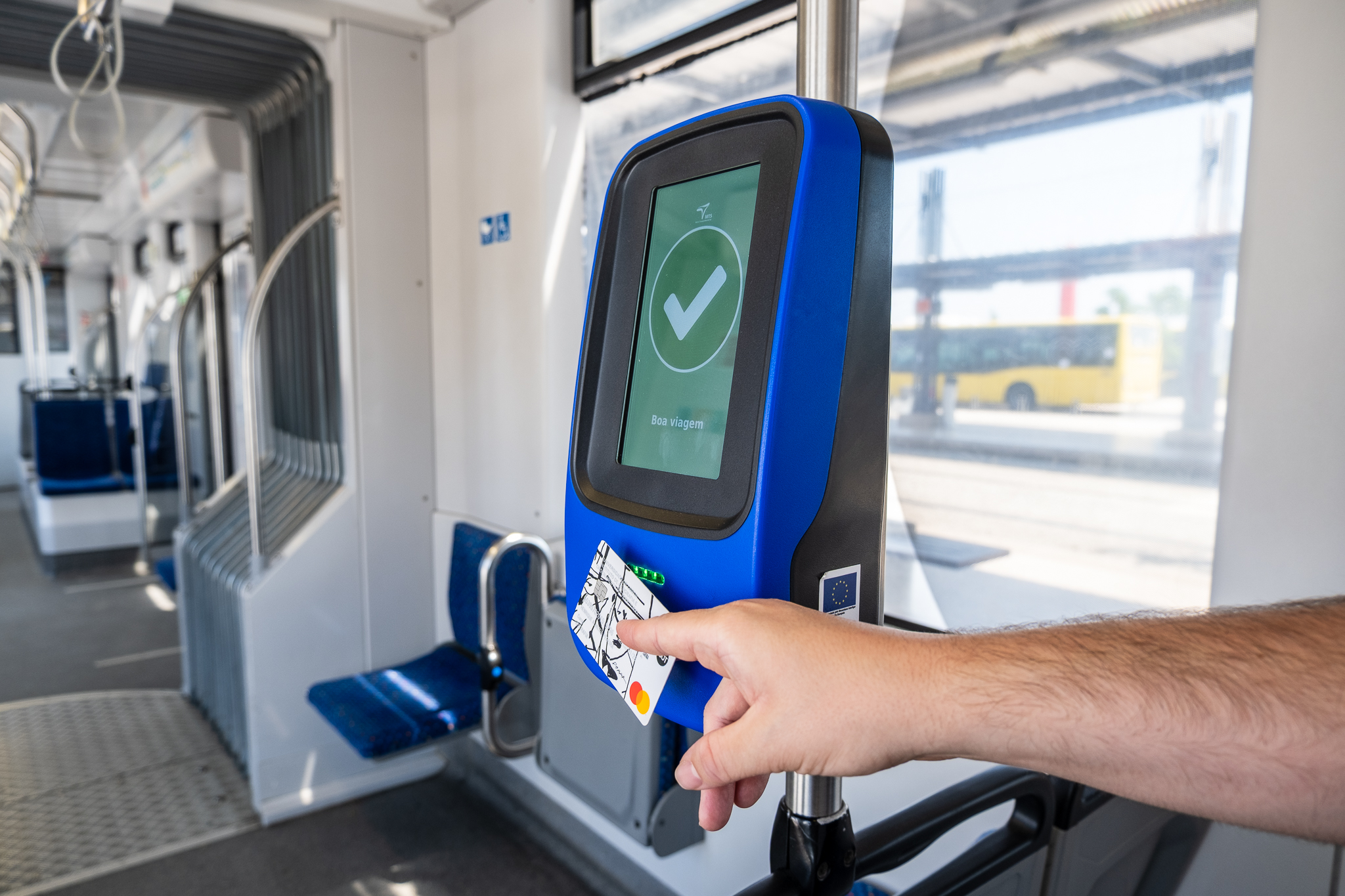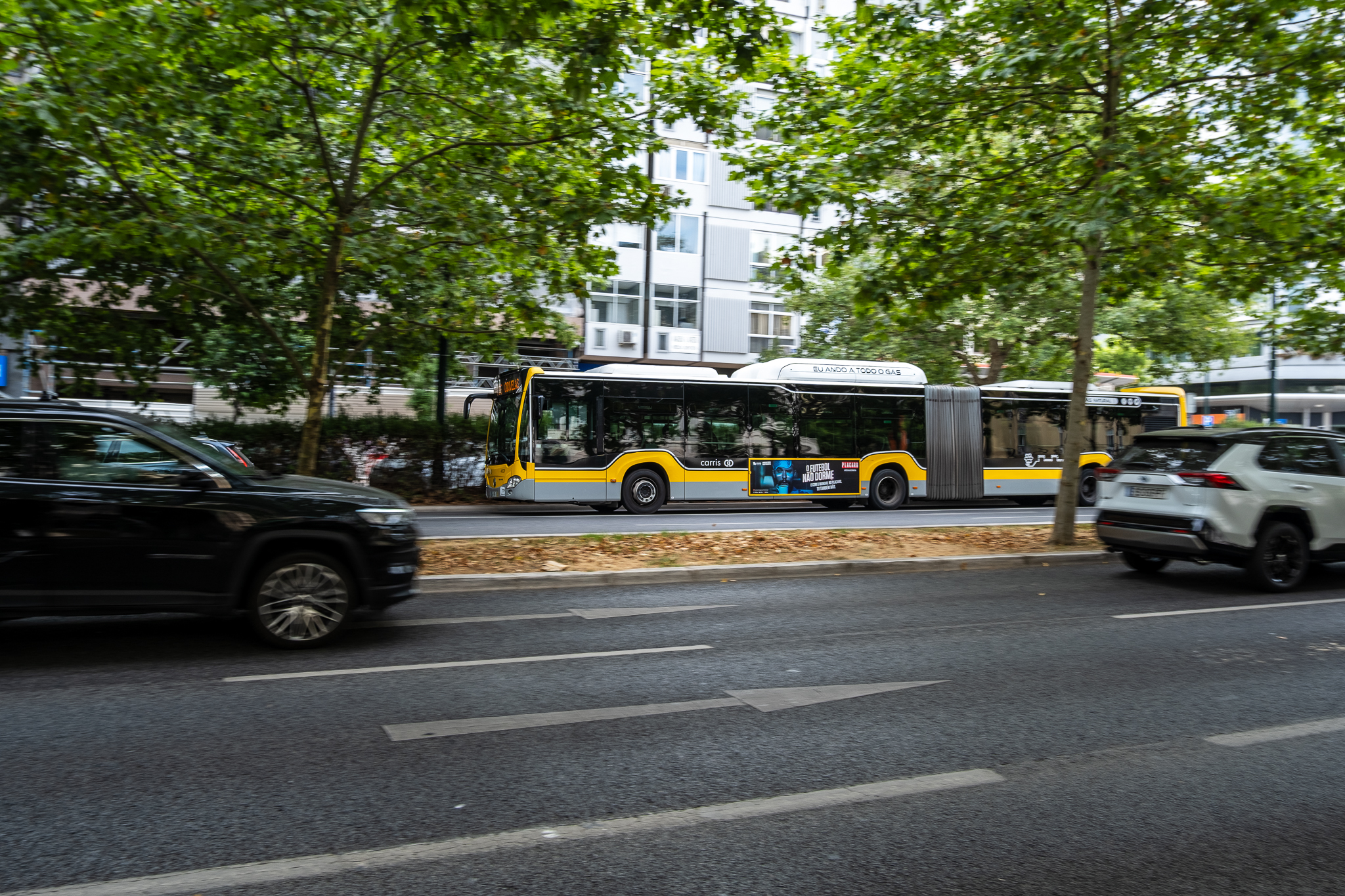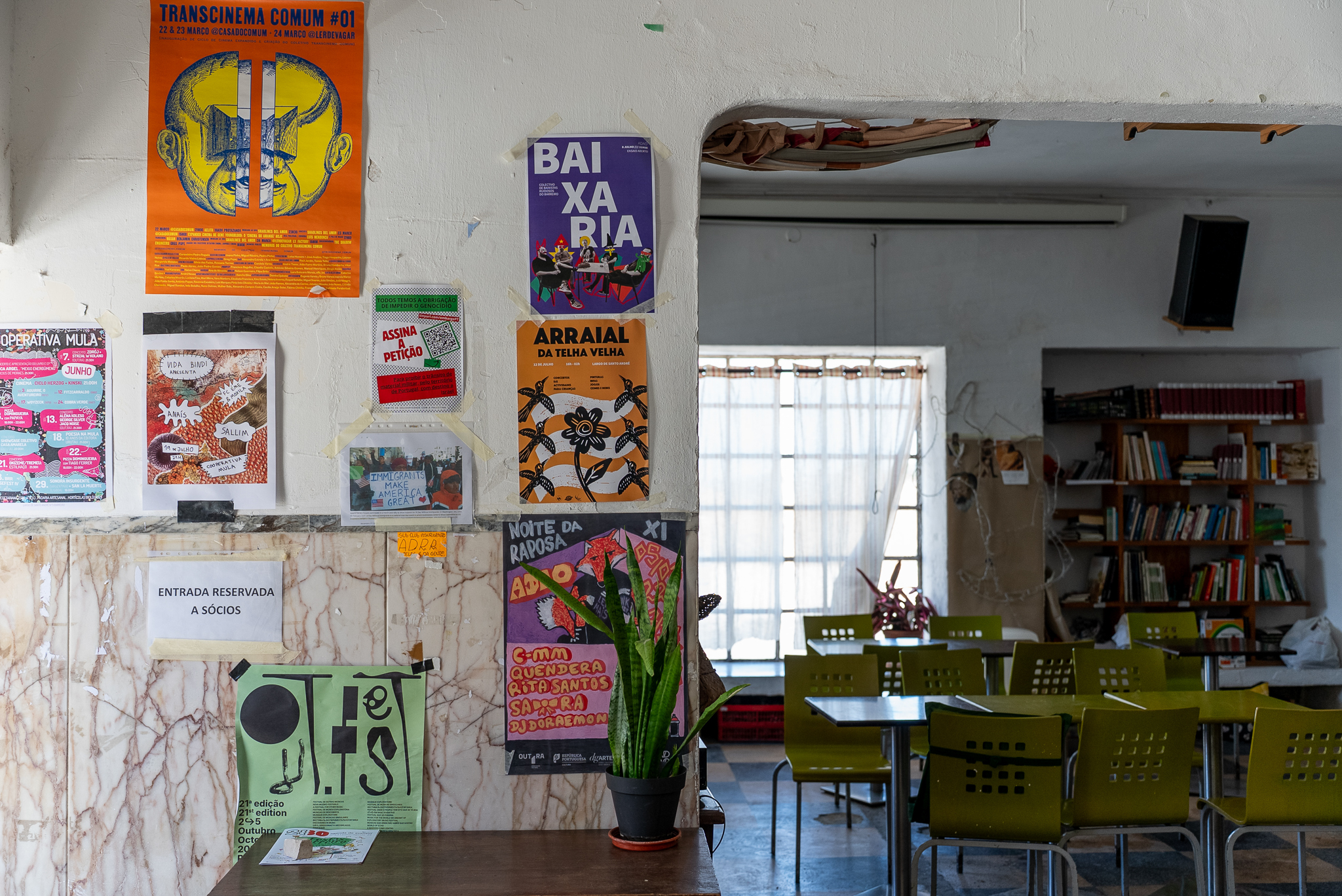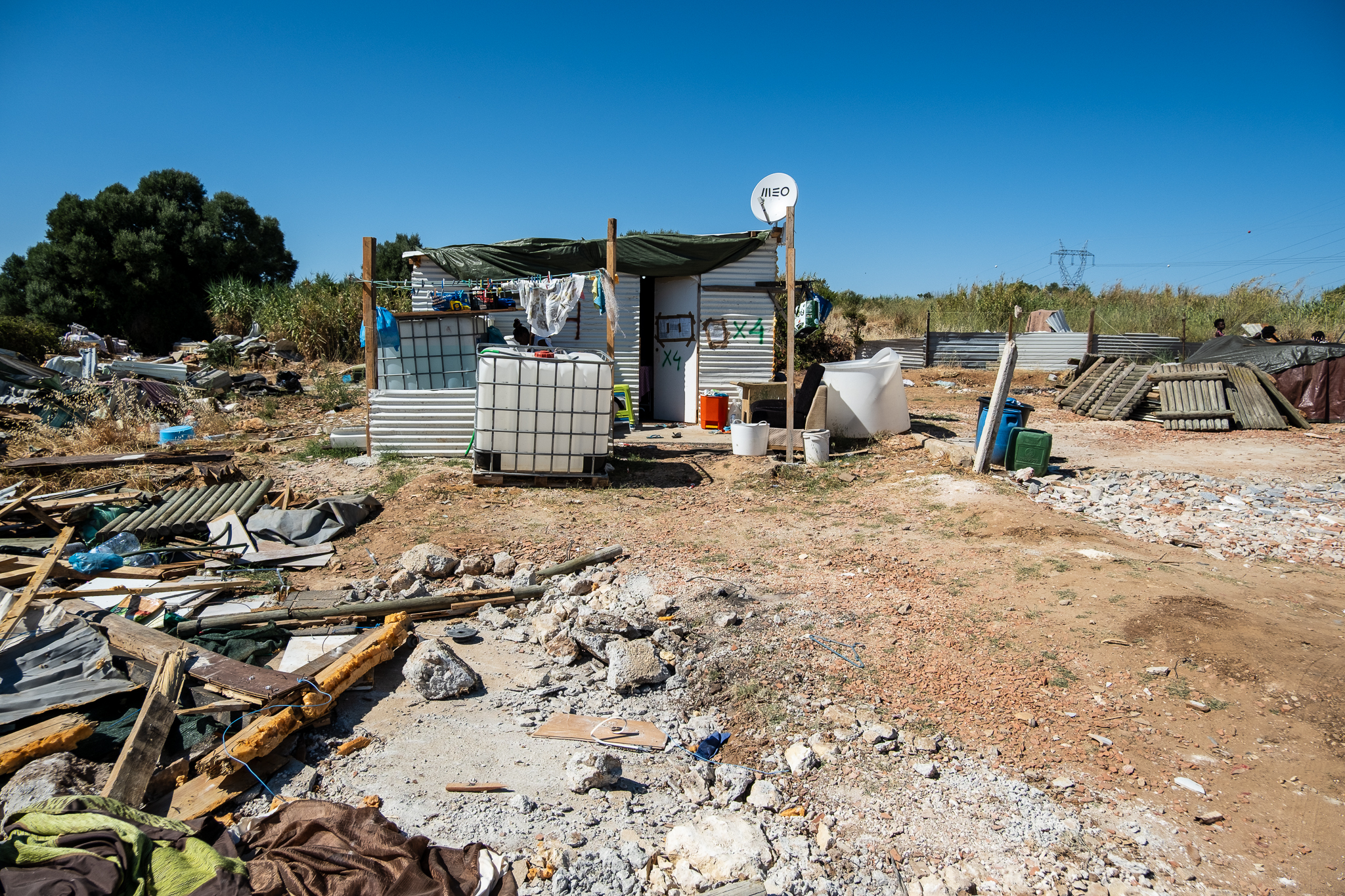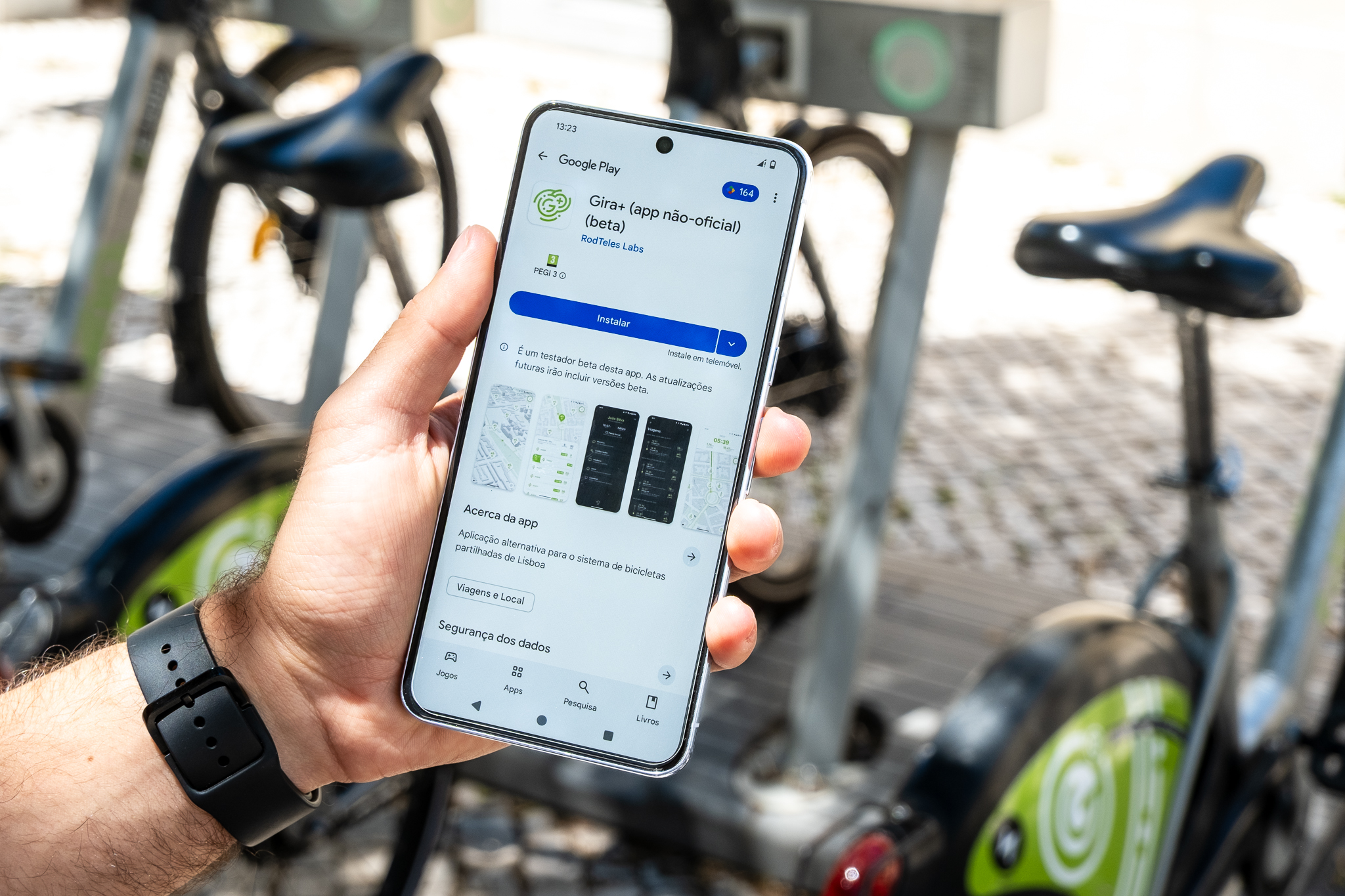Coobi won the government's Healthy Neighborhoods program and already has one cargo bike purchased, and another on the way. It wants to start making deliveries in January. The idea emerged during the pandemic, which highlighted the precariousness of the work of couriers at the service of technology platforms.

The Covid-19 pandemic has made the demand for take-away and in particular because of the substantial increase in home deliveries. Technology platforms such as Uber Eats, Glovo and Bolt Food, which already existed on the market, have benefited from this. boom and unwittingly relaunched the debate on the precariousness of couriers - the people who work for these apps without any kind of employment contract and therefore without any kind of social security. At the same time, these platforms have also caused a stir by applying high taxes to restaurants and other local businesses, at a time when they had limited alternatives to continue their activity.
In July 2020, a group of people gathered in a garden near Cicloficina dos Anjos to talk about create a relay cooperative in LisbonIn response to the job insecurity associated with the existing platforms. The conversation then moved on to an online forum, where a name and logo were agreed. Contact was then made with CoopCyle, an international federation of relay cooperatives, to take advantage of its technological platform and also a conversation with the Lisbon Chamber. But Coobi didn't go ahead immediately and the idea was put on hold.
However, more than a year and a half after the first meeting, everything has changed. An application to the Healthy Neighborhoods - a government initiative that seeks to fund projects that improve the health, well-being and quality of life of neighborhoods - guaranteed Coobi 38.6 thousand euros. Hugo Charbonnier e Fernando SantosTwo of the people who met on the online forum where the idea for the cooperative began are now leading the project, in collaboration with the Cicloda association and the Rizoma cooperative.

Hugo, a Frenchman living in Lisbon, has a degree in sociology and is combining this knowledge with a master's degree in territorial development, the environment and project management. Fernando, on the other hand, comes from Brazil; he has a degree in management and is now studying for a master's degree in social policy on the subject of cooperatives, digital platforms and work. Hugo has never worked as a courier on a delivery platform like Uber Eats, unlike Fernando. In Australia, where he lived, he was one of the pioneering members of the DRA (Drivers Rides Alliance), a union that seeks to demand basic social rights for couriers working on technology platforms. He says he brings to Coobi a "a lot about the issue of decent work, because my professional experience with the union and the master's degree is very much in line with this". Hugo, for his part, is concerned about the cargo bike and the "cycle logistics efficiency" and essentially in the potential for "being able to change" a city that "there's very little cyclo-logistics" his greatest motivation. "I have a friend who is working in a cycle logistics cooperative in Paris. That inspired me."
Coobi wants to start up in January
They already have a cargo bike ready to start deliveries in January 2022 and another purchased which, due to the shortage of parts as a result of the pandemic, is not expected to arrive until later. Coobi is now looking for its first customers, and will focus on business-to-business partnerships rather than deliveries to the end consumer. In other words, for the time being there won't be a Coobi app to download and order a burger. "We're not going for the same on-demand model, where the person gets on the phone, orders a delivery and in 15-20 minutes has it at their house, not least because with our cargo bike we want to work with larger orders"Fernando explains. In one go and on one bike, Coobi will be able to transport around 180 kg of cargo (including the cyclist), and that's why they want to work with prior scheduling and organized deliveries, where it's possible, for example, to organize the same route so that more than one delivery can be made. In any case, Coobi doesn't completely rule out deliveries to the end consumer, as long as they are routine and predictable. As for delivering hot meals, it would be "I need to have a huge investment of many available and flexible workers"Hugo explains.
Whether or not to deliver meals was, from the outset, one of the points that was discussed at the first meeting in July 2020 and in other conversations that followed in the online group. It could have been a way forward if, for example, Coobi turned out to be what the Lisbon City Council had considered: an entity supported by the municipality capable of ensuring deliveries to restaurants by applying lower rates, thus regulating the market. In November, when then Mayor Fernando Medina said to Rádio Observador: "We have private companies that are taking advantage of the pandemic to enter a market that they didn't have and charge absolutely unacceptable fees to restaurants that have no other option but to sell to the takeaway services that are in place. It's revolting and undignified. (...) It's possible to develop a platform that doesn't have additional charges for restaurants and we believe it's of the utmost importance that this is done quickly." The project never came to fruition, but at the same time there were talks going on behind the scenes involving members of Coobi and a Brazilian delivery start-up that was distancing itself from its competitors by focusing more on couriers. The idea was basically to bring this company to Lisbon, supplying Coobi with couriers, but it didn't work out.
Neither Hugo nor Fernando thought it was a good idea, but they say that at the time this "it created a division in the group, between those who were in favor and those who didn't support the idea". In the meantime, the opportunity for funding arose, the application was made and Coobi was selected from a total of 246 projects from various parts of the country.

Everyone is a courier, manager and owner
The 38,600 euros covers the cost of the two cargo bikes purchased and Hugo and Fernando's salaries. In a cooperative spirit, the two of them will manage the project, attracting customers and managing orders, as well as the deliveries themselves. This cooperative spirit will be extended to the other people who join Coobi: they will benefit from fair working conditions as couriers, while also being owners and co-managers of the cooperative they work for. "We don't want a division between deliveries and office work. We are both couriers and delivery managers. The aim is to divide our time between the two and include people who have both skills"Hugo explains. "We will be looking for people with various skills, who are versatile and completely aligned with the cooperative structure."
For the time being, Coobi will not formally be a cooperative, as it will be integrated into an existing one, Rizoma. This multi-sector cooperative - and which currently materializes mainly with a grocery store - will have its Services section opened with Coobi. "At first, when we won the funding, we were more interested in having independence and creating our own cooperative, but over time and with the connection we have with Rizoma, we realized that in the end it made more sense to save all the bureaucratic work and mutualize costs by joining Rizoma." From Rizoma, Hugo and Fernando expect to receive support in legal and financial matters and, for this reason, a small percentage of the turnover will revert to the parent cooperative - initially it will be 8%, but this figure will be adjusted to the volume of turnover.
2% will be for CoopCycleThis international federation includes more than four dozen cooperatives in six European countries and Canada, of which Coobi will also be a member. Coobi's membership of this federation provides access to an international solidarity network between cooperatives, cost savings thanks to the mutualization of services and the sharing of a collective negotiating position in defence of couriers' rights. Coobi expects to generate revenue by applying service charges that it considers fairer for local businesses(anyone wishing to join Coobi must join Rizoma's Services section by purchasing three shares of 5 euros each in the cooperative). It will also be possible to make donations to Coobi through Rizomaindicating by e-mail financas@rizomacoop.pt letting them know that the donation was specifically for Coobi.
Coobi's candidacy for the Healthy Neighborhoods In addition to Rizoma and Cicloda, it brings together four other associations: Lifeshaker, Partícula Sustentável, Renovar a Mouraria and MUBi. There are ideas to be developed with all of them - such as events to bring the community together around the theme of cycle mobility and, in particular, cycling - but one that stands out is Lifeshaker, which works with young people in situations of social exclusion and with which Coobi wants to develop a solidarity network by mobilizing relays to solve the immediate needs of the most vulnerable local population. But these are projects for the future. For now, Coobi will soon have its website, which is currently under development, and will be in coobi.co.uk. If you are interested in finding out more about the project, please contact us at geral@coobi.pt. "In January we'll get our first customers and start making deliveries" they say, revealing that they have already "several clients in sight".

